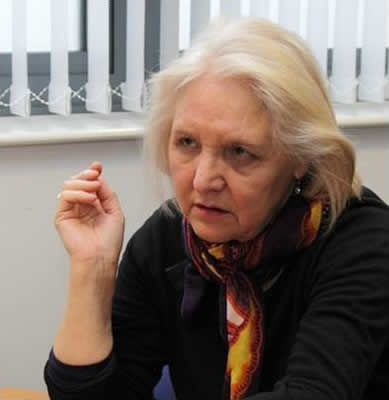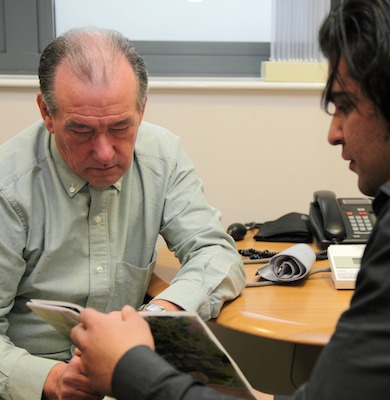Assessing Mental Capacity in Older People course for GPs



Mental capacity is the ability to take actions affecting daily life. This session provides an overview of the legal and practical implications of assessing mental capacity in primary care.
This session was reviewed by Khyati Bakhai and last updated in January 2022.
Learning objectives
By the end of this session you will be able to:
- explain the Mental Capacity Act and its uses
- assess a patient's mental capacity to make decisions
- recognise how to use Lasting Powers of Attorney and Courts of Protection
- recognise the use and limitations of advanced directives
- establish the medical criteria for fitness to drive for people who lack mental capacity
Mental capacity is a person's ability to take actions affecting daily life, for example deciding when to get up, what to wear or what to eat. It is also the ability to make more major decisions, such as where to live or how to manage money. This session deals solely with the mental capacity of adults to make decisions.
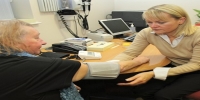
Chantal is a working GP at The Banks and Bearwood Medical Practices in Bournemouth and a Fellow of the Royal College of General Practitioners. She has formal academic training with an MSc from Southampton University in Research in Health and a PhD exploring the effects of community support on the psychological health of informal carers.
Chantal has been involved with education since 1999 when she became the lead author and founder editor of the Oxford Handbook of General Practice, which is now in its fifth edition. In 2007 she founded the Royal College of General Practitioner's educational journal, InnovAiT, which she edited until 2017.
Chantal is also currently a Visiting Professor at the University of Westminster Centre for Resilience involved in research and educational activities promoting the wellbeing of healthcare professionals.
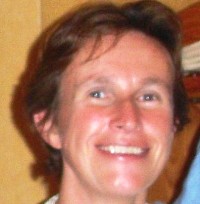
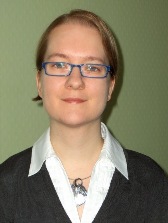
Dr Emma Vardy is an NIHR clinical lecturer in elderly medicine working in the North West of England.
She has trained as a registrar in elderly medicine and completed a PhD on the subject of Alzheimer’s disease.
Her current role enables her to combine completion of her training in elderly medicine, experience in the diagnosis of dementia (working on the cerebral function unit at Salford Royal hospital) and continuation of her research interest in dementia.
- Communication Impairments Part 4: Autistic Spectru...
- Posted By eIntegrity Healthcare e-Learning
- Posted Date: 2025-01-22
- Location:Online
- This session is the last of four that looks at different speech, language and communication impairme...
- Communication Impairments Part 3: Cleft Palate, He...
- Posted By eIntegrity Healthcare e-Learning
- Posted Date: 2025-01-22
- Location:Online
- This session is the third of four which describe different speech, language and communication impair...
- Communication Impairments Part 2: Specific Speech ...
- Posted By eIntegrity Healthcare e-Learning
- Posted Date: 2025-01-22
- Location:Online
- This session is about speech sound disorder (SSD). It describes the characteristics associated with ...
- Communication Impairments Part 1: Late-talking Tod...
- Posted By eIntegrity Healthcare e-Learning
- Posted Date: 2025-01-22
- Location:Online
- This session is the first of four which describe different speech, language and communication impair...
- Typical Development Part 2: First Words and Early ...
- Posted By eIntegrity Healthcare e-Learning
- Posted Date: 2025-01-22
- Location:Online
- This session gives an overview of the main aspects of how language typically develops in children. I...

